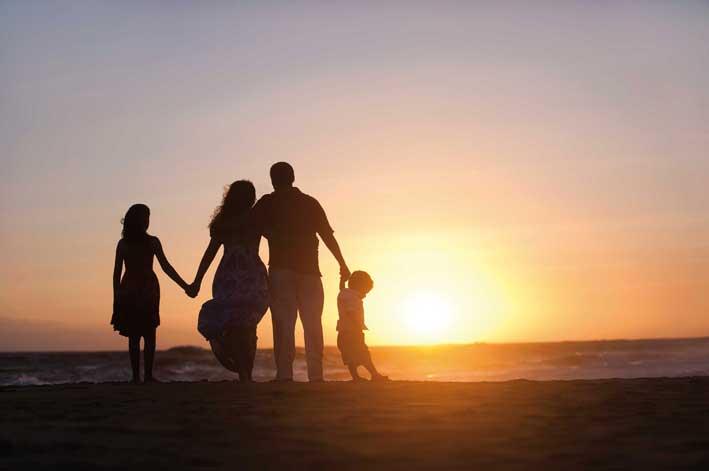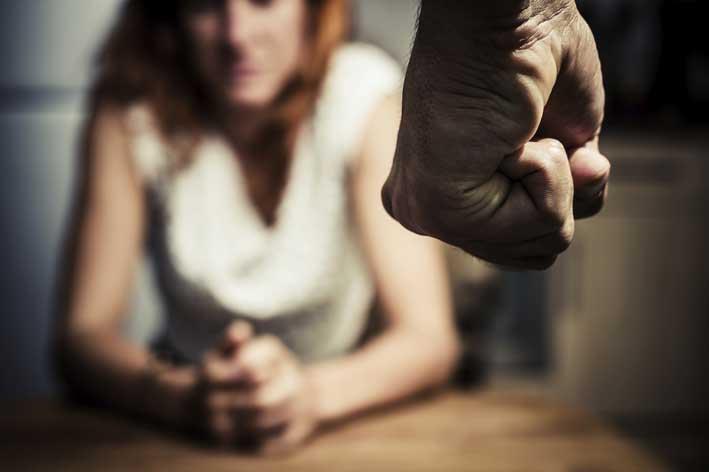With the EU struggling through persistent economic stagnation, does this make putting gender equality legislation on the EU’s agenda more difficult due to a lack of prioritisation on the issue?
On the contrary, gender equality and economic development go hand in hand. Bringing and keeping more women in the labour market and in sustainable full-time jobs has the potential to significantly raise the EU’s growth potential.
A number of studies show that women in management and holding board level positions bring new and different ideas to their work environments. They are more likely to collaborate across teams and organisations which results in more holistic decisions. Also 60 per cent of university graduates in the EU are women. Europe needs to use that talent on the labour market.
In its annual recommendations to member states on economic policy-making, the Commission asks a number of them to create the necessary conditions to enhance women’s labour market participation. This includes Malta, where the employment rate of women – at 53.6 per cent – is among the lowest in the EU.

On the subject of equal pay, studies have shown that when comparing wages of men and women of the same job description, taking into consideration hours worked and the amount of time taken away from the job, the pay gap reduces significantly. Academics have called this the cost of having children, because women tend to work fewer hours, or take a one-year break, once they do. Do you believe that a policy onus should be created on measures such as free child care across the EU in order to assist women in spending as little time away from work as possible, should they choose to?
Work-life balance policies can help to address the barriers to women’s participation in the labour market. The Commission sees it as a favourable development that EU countries are introducing measures such as childcare for children under the age of three and paid paternity leave for both men and women.
At EU level, I am currently working on a proposal for next year with a series of measures on work-life balance. The aim is not a ‘one-size fits all’ approach, but a policy toolkit that gives families more choice and better options on how to reconcile work and family life. We consulted social partners and will take their comments on board. I was happy to discuss this file with Ms Dalli. This proposal will be launched under the Maltese Presidency and I look forward to working on these issues with the Maltese government.

Malta was ranked as the worst country out of all of Europe for gender equality in a report by the World Economic Forum. What concrete steps can this country’s government take to begin tackling this damning report?
The employment rate of women in Malta is among the lowest in the EU at 53.6 per cent against 81.4 per cent for men. It shows that it still is difficult for women to be mothers and have a professional career at the same time.
I therefore welcome the reforms introduced by the Maltese government in 2014 to facilitate the participation of women in the labour market by including a free child-care scheme, the tapering-off of benefits when taking up a job and in-work benefits. Minister Dalli wants to change the discourse around pregnancy, which is still sometimes perceived as a disease. She highlights the impact on Malta of the provision of free nursery care from the age of three months which has increased female participation in the workforce by 6 per cent.
I support the Maltese government on this path.

Malta fared particularly poorly with regard to political empowerment. Females in power notoriously face extremely harsh criticism, especially via online platforms and social media. Could this be one of the biggest deterrents and how can policy-makers begin addressing the increased levels of online bullying women in the public eye receive?
Indeed, women in politics need courage. Women make up less than a third of Parliaments across the EU on average. In Malta, women account for six per cent of senior ministers against 27 per cent in the EU on average. Female politicians still face a lot of sexism and harassment. A recent study by the Inter-Parliamentary Union (IPU) showed that four out of five female parliamentarians from 39 countries have been subject to hostile behaviour causing psychological harm or fear and 44 out of 50 said they had received threats of death, rape, beating or abduction during their terms.
Hate-speech online has also affected me. When I started my work as a Commissioner, my Facebook page was the target of large amounts of abusive language and I had to close down the account. What is worrying is that the incitement to violence online can in some cases lead to violence in reality.
As a Commission, we want to address this issue and make sure that everybody can use social networks without fear of harassment. This is why we work together with social media companies to limit hate speech on the internet. We agreed on a code of conduct with Facebook, YouTube and Twitter last May and postings with illicit content are now usually banned or deleted within less than 24 hours. It is my hope that we can limit the number of hate speech postings this way, including postings against female politicians so that they can communicate about their work online with full confidence.

Violence against women: this is a very difficult issue as a large proportion of women who have been sexually or physically assaulted tend not to report the fact. On an EU-wide level, what is the Commission’s strategy on tackling this issue?
Ending violence against women is an issue of priority for me. It still concerns all EU countries and people from all social backgrounds. The 2014 survey of the Fundamental Rights Agency shows that 22 per cent of Maltese women have experienced physical violence, sexual violence, or both since the age of 15. Fifty per cent of all women have experienced sexual harassment and 25 per cent have experienced stalking. It is crucial to end gender-based violence in all countries of the European Union, as it has no place in our societies.
I will launch a one-year campaign to combat violence against women at the end of this year, and I will work closely with the Maltese government on this subject during the upcoming Presidency.